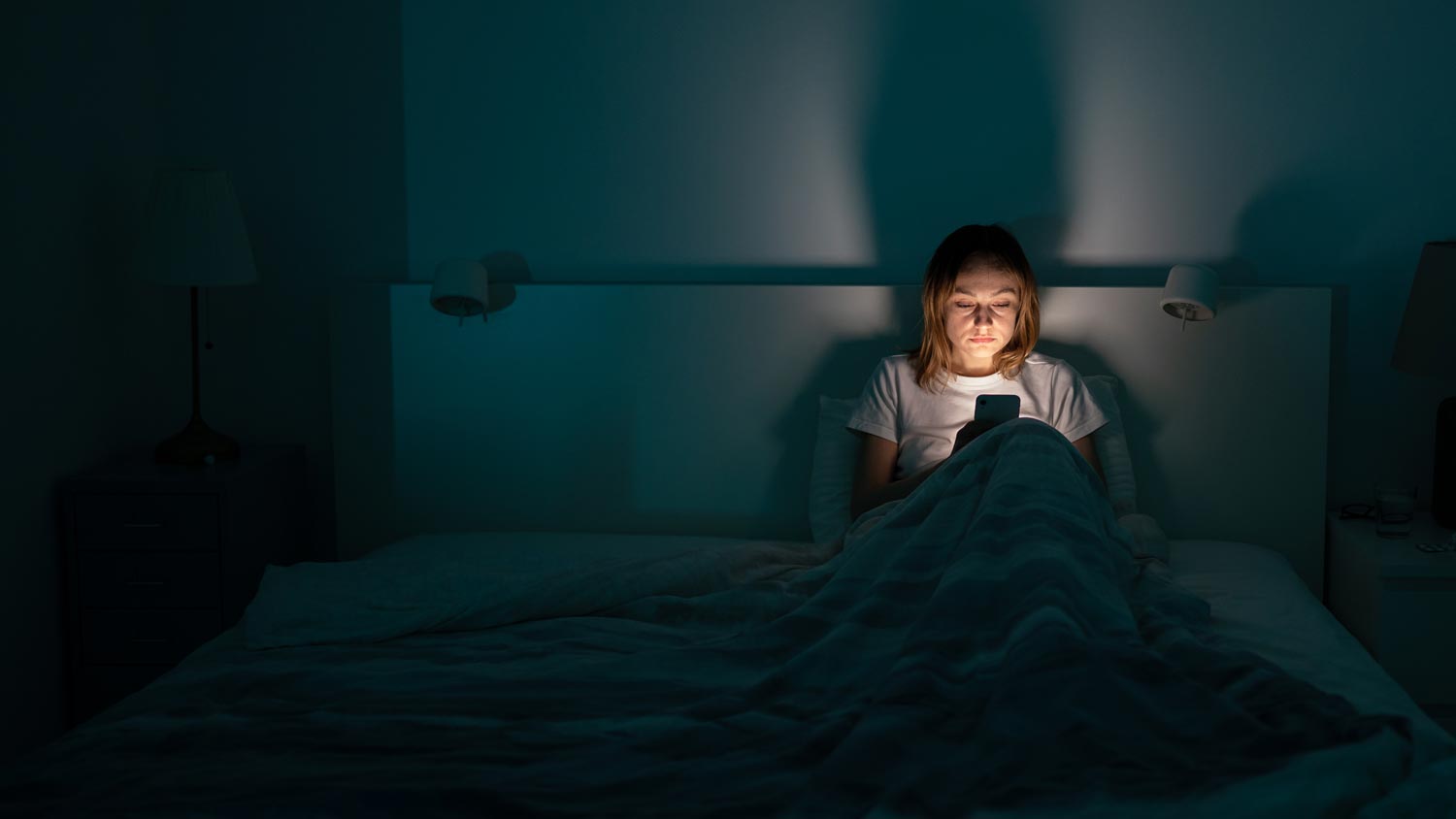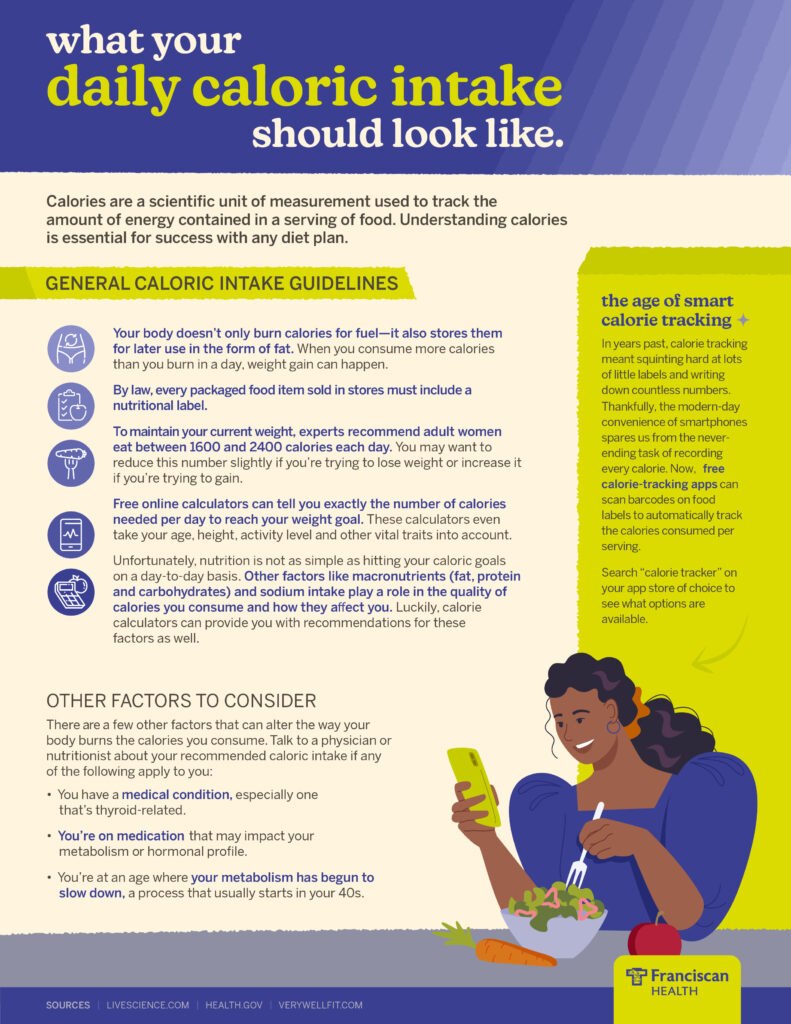There’s a great case to be made, however, for limiting smartphone usage as much as possible. Here are some negative side effects of sustained smartphone usage.
- Bluelight exposure. Screens emit a frequency of light called blue light. In itself, this wavelength of light isn’t bad (it’s naturally produced by the sun in much greater amounts than you receive from your smartphone), but our bodies are designed to expect it only during the day. Nightly scrolling through social media may be negatively affecting your sleep, and causing eye strain.
- Arthritis and carpal tunnel. Cases of these painful chronic conditions have soared among young people ever since smartphones appeared on the market. Constant tapping and scrolling on these devices can wreak havoc on your hands in the long term.
- Pinched nerves and spinal damage. Your head weighs about as much as a bowling ball, and the muscles in your neck weren’t made to support it tilted at a sharp angle for hours on end. That’s exactly what smartphone usage entails, and the long-term effects are not something you want to live with.
- Dopamine dependency. Perhaps most insidious of all about smartphones is the allure of stimulation they offer. Our brains absolutely love the instant gratification that streaming websites and social media provide. Research suggests that people’s attention spans today are much shorter than they were just a few decades ago, and all fingers point toward smartphone over-indulgence as the culprit.
It’s time to take a more conscious approach to your smartphone. Old habits are hard to shake, however, so here are some tips for easing off your device.
Timekeeping/screen time apps
These are available on both the Apple and Android app stores. In their simplest forms, these apps keep tabs on how much time you spend in front of your phone on a daily basis. Just seeing the hard numbers behind your everyday smartphone usage can help you cultivate awareness and forge healthier habits.

Smartphone-free evening hours
Some people use this strategy to clear their heads after work and sleep better at night. Pick a time in the evening–ideally an hour or two before bed–when the phone goes on the charger and away from your attention.
Digital “detox” days
These have become a rising trend in recent years. Once a month, select a day or two when you set the phone aside and live your life screen-free. The science has yet to be settled on the exact benefits to your brain from this practice, but many people report feeling fresher and more focused after a “detox.”

Sources: statista.com
Not a member?
Join for FREE!
Enjoy encouraging, motivating, uplifting content created just for women like you, all from the health care name you trust: Franciscan Health.















